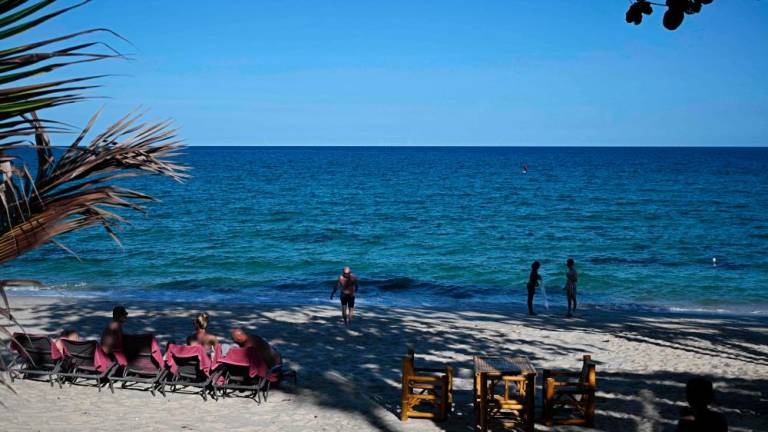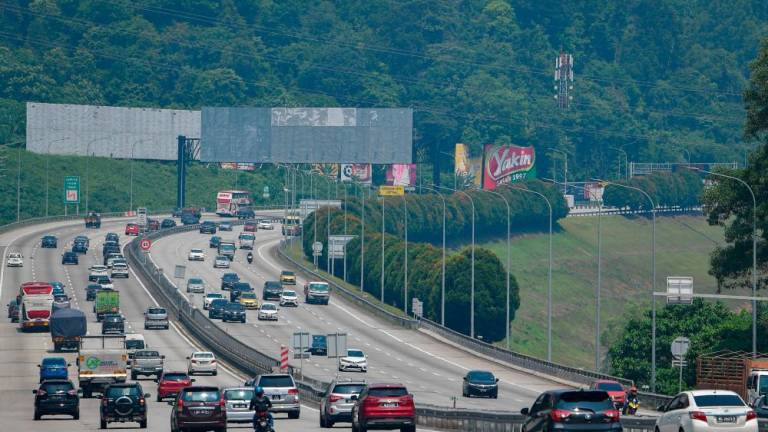MALAYSIA is the second largest producer of sustainable palm oil in the world. In 2017, the growth rate of the palm oil sector was 15% by production. Palm oil is an important contributor to the country’s economic, environmental and societal development.
The Malaysian government has been taking steps to ensure that the Malaysian palm oil industry is able to meet the standards and criteria set by the EU and other certification such as the German ISCC (International Carbon and Sustainability Certification), RSPO (Roundtable on Sustainable Palm Oil) and more.
Primary Industries Minister Teresa Kok in an interview with BFM radio station said that every effort is made to encourage and empower small farmers to adopt good agricultural practices. Putrajaya is a committed partner of the world in environmental sustainability.
Small farmers are also encouraged to innovate and increase yield without expanding plantations in accordance with Malaysia’s commitment to maintaining at least 50% of the total land for forest cover.
Malaysian Sustainable Palm Oil (MSPO), a certification scheme in Malaysia for oil palm plantations and farmers, as well as their processing facilities, was implemented on a voluntary basis since 2015 but has recently been made mandatory for small farmers by the end of 2019. As of Sept 30, 2018, 1,205,517.72 hectares of oil palm planted area has been certified.
These are measurable and visible efforts undertaken by Malaysia to ensure the business of palm oil does not come at the expense of the environment.
Lim Fong
Advocate
Planters United















